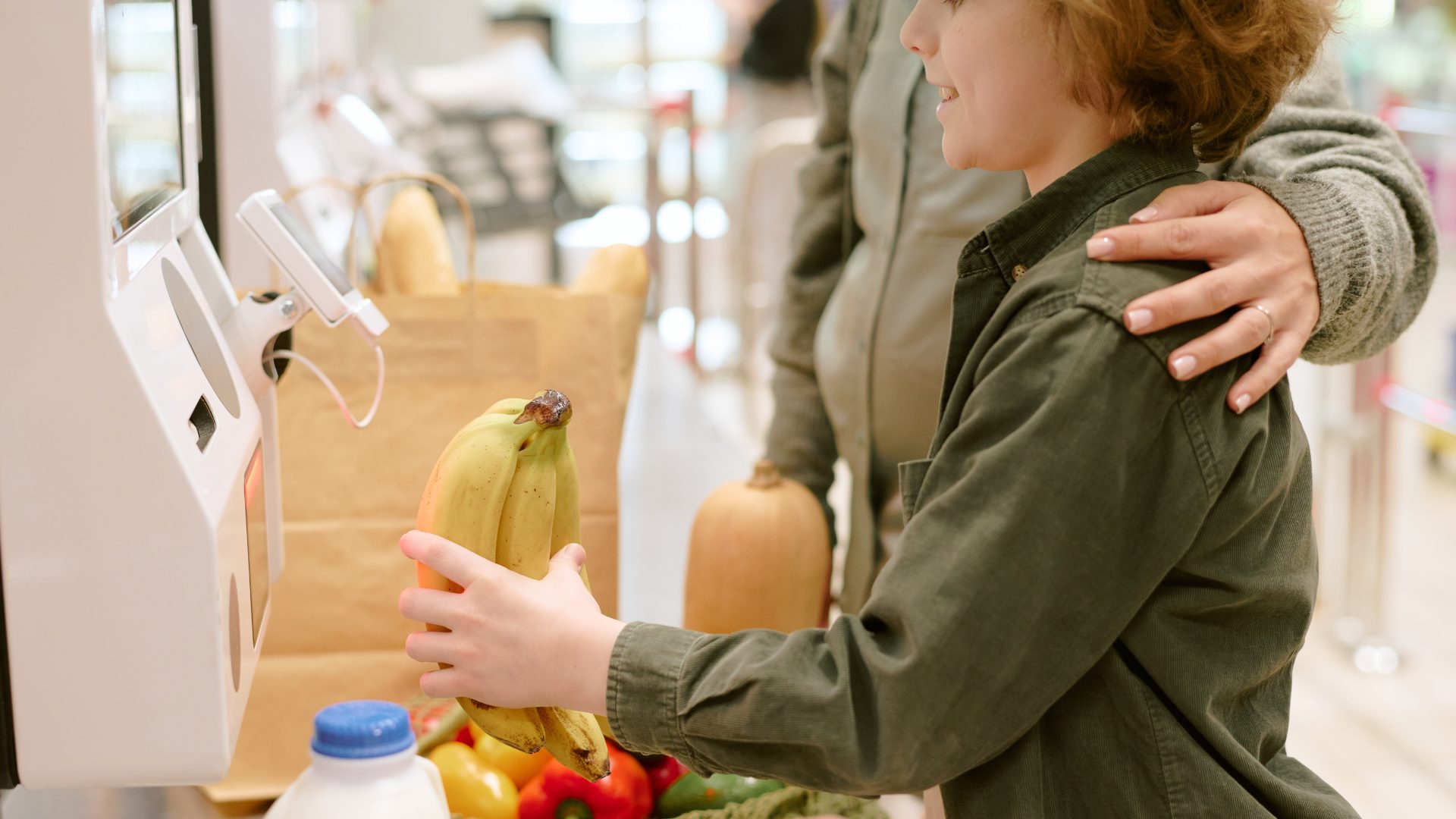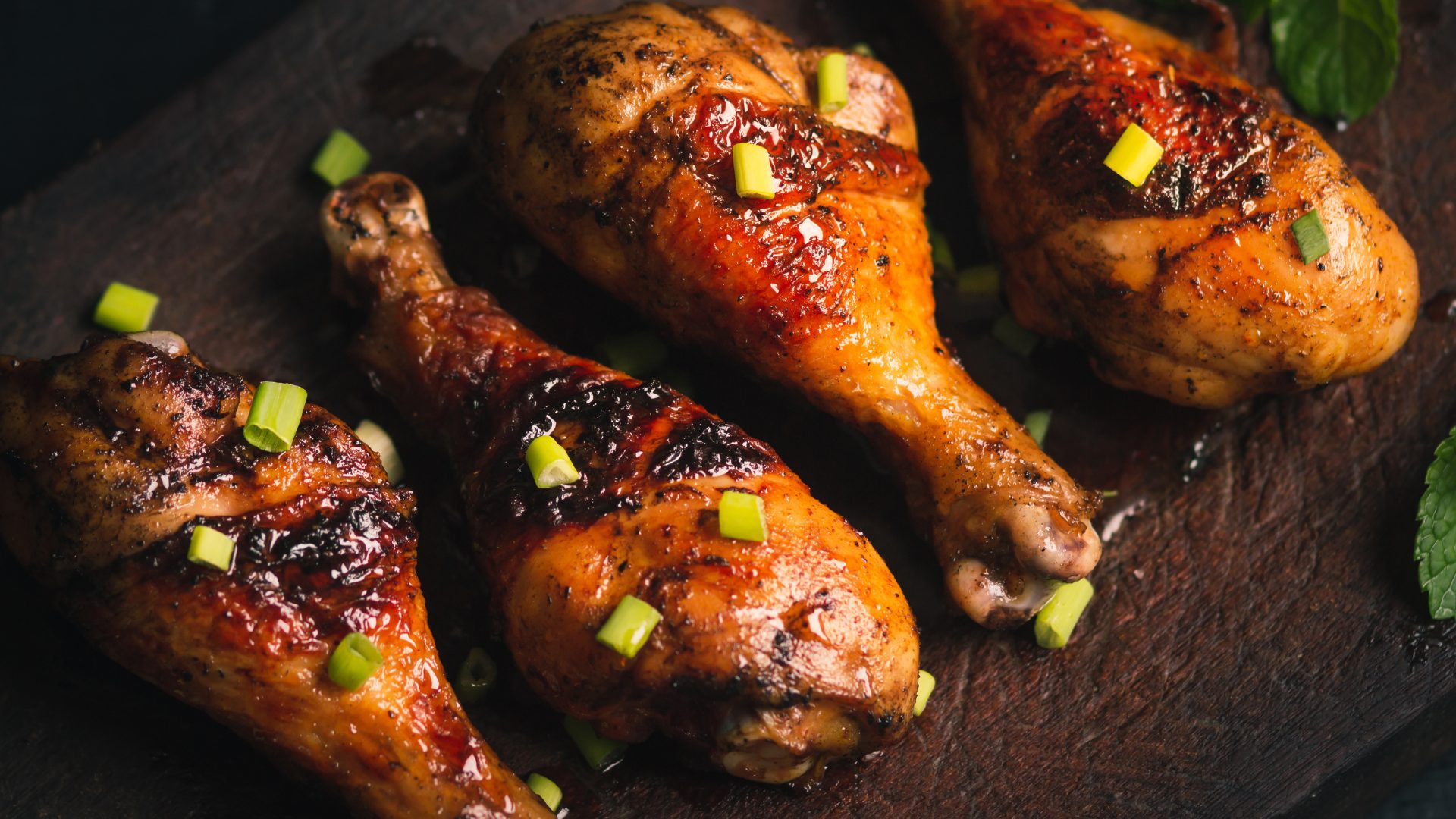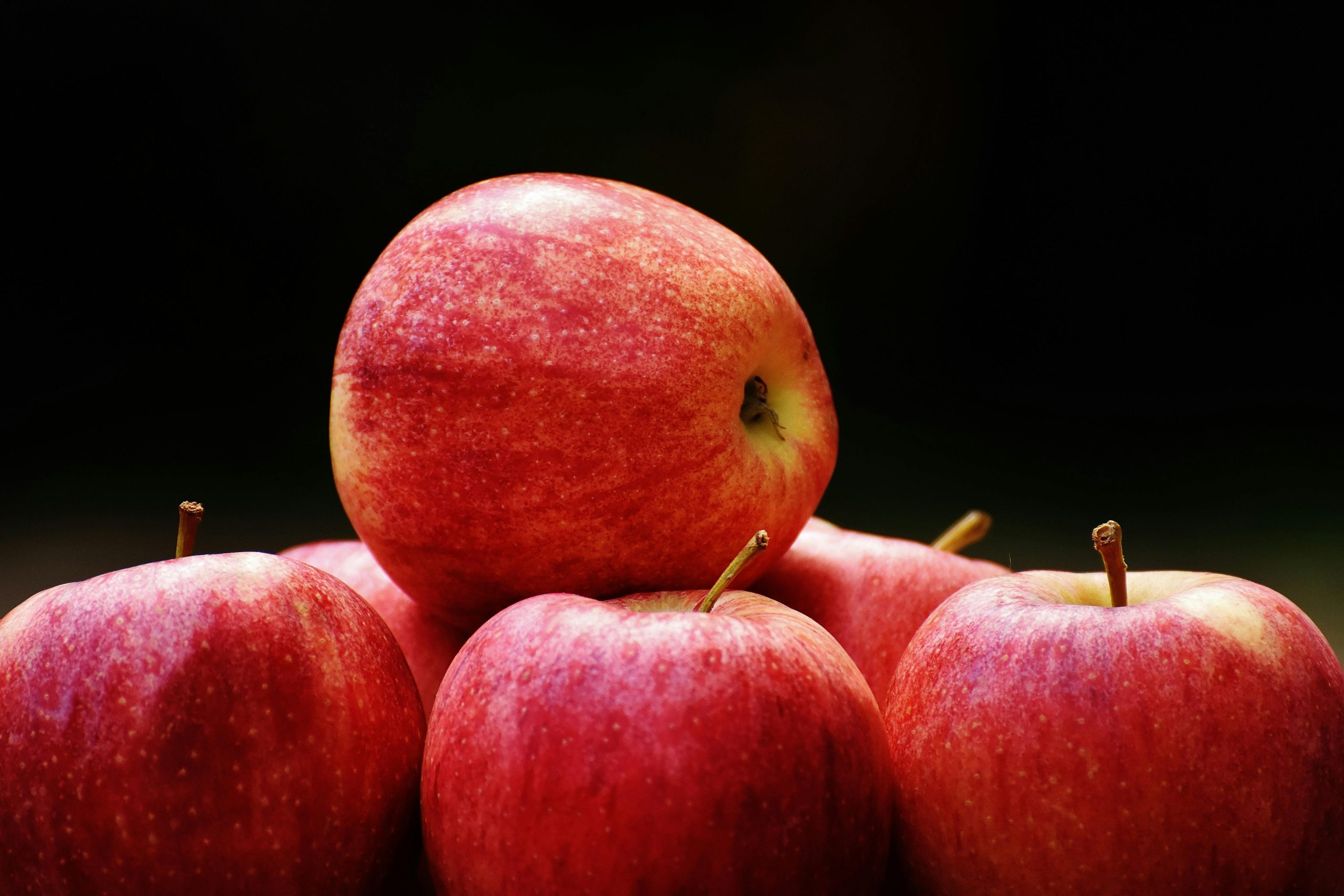As recent headlines suggest, the agriculture industry is embracing new forms of automation. Here’s a look at a few companies offering innovative solutions to producers.
AUTONOMOUS WEEDING ROBOT
Startup Carbon Robotics revealed the latest iteration of its 9-foot-long robot designed to weed fields of row crops. The “autonomous weeder” is designed to replace the need for human labor or herbicides, reported Seattle Times (April 16).
The robot has 12 cameras and eight lasers, allowing it to zap unwanted plants at up to five miles per hour. It uses GPS technology to stay within a geofence at the edge of the field, while cameras underneath scan the ground and artificial intelligence identifies the weeds among the crops.
Then a carbon dioxide laser “targets the weeds for destruction,” according to the company’s website which also notes the machine can weed 15-20 acres per day. So far, several farms in Washington, Oregon, and Idaho have ordered the robots, according to CEO Paul Mikesell.
HARVEST AUTOMATION
Tortuga, a harvest automation startup, raised $20 million in Series A funding for its strawberry picking robots. The company plans to use the funding to help deploy the robots to market in 2022, reported Fresh Fruit Portal (April 26).
The strawberry harvesting robot is a flexible platform that can be adapted to work on other crops, such as indoor-grown tomatoes or outdoor table grapes, according to the company.
“For many years, the story behind harvesting robotics has been a lot of promise but really companies have struggled to deliver on that promise for the customer,” Eric Adamson, co-founder of Tortuga, told AgFunder News. “Not only are we doing autonomous robotics but we are also doing picking robotics and we are doing them together in really unstructured environments.”
In addition to building hundreds of new robots, some of the funding will also go towards building out the operating model and making sure there are enough employees to operate the robot fleets.
DRONE USE FOR PESTICIDES
Using drones to spray pesticides has been gaining traction in agriculture. Boston-based startup Guardian Agriculture, which developed an autonomous crop-dusting drone intended to complement or replace low-flying planes, recently raised $10.5 million in a seed round, reported Capital Press (April 12).
Ag giants, including Bayer, Wilbur-Ellis and FMC Corp., backed the startup and it already has $20 million worth of preorders from growers in California and Florida. The company claims its drones will save farmers money, reduce overall chemical use by about one-third, limit pesticide drift, and promote worker safety.
While drones could be an alternative for traditional spraying methods, research is still being done to determine how they compare to conventional methods, according to a report from AgDaily.











